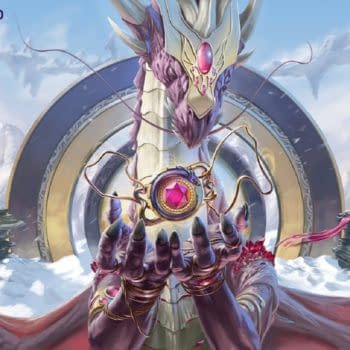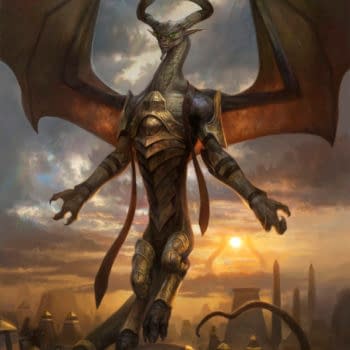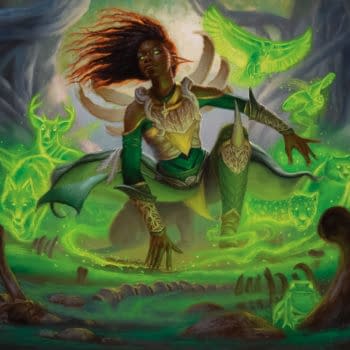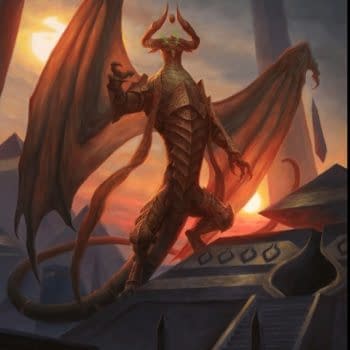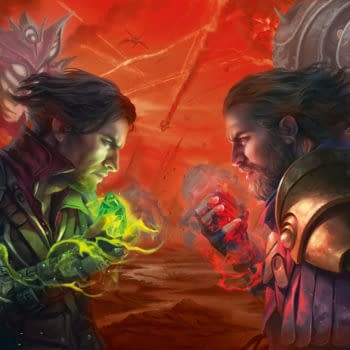Posted in: Card Games, Games, Magic: The Gathering, Tabletop, Wizards of the Coast | Tagged: card game, commander, EDH, magic, Magic: The Gathering, MTG, Multiplayer, TCG, threat assessment, wizards of the coast, WotC
How To Properly Assess Threats In Commander – "Magic: The Gathering"
Hey all! I wanted to write a piece on proper threat assessment in Magic: The Gathering multiplayer formats, namely Commander. The research I did made me reconsider a few personal opinions I had about my own level of play as a result. It seems to me that, in my playgroups, I might be the problem! Let's explore why, as well as what to do to win in such a situation.
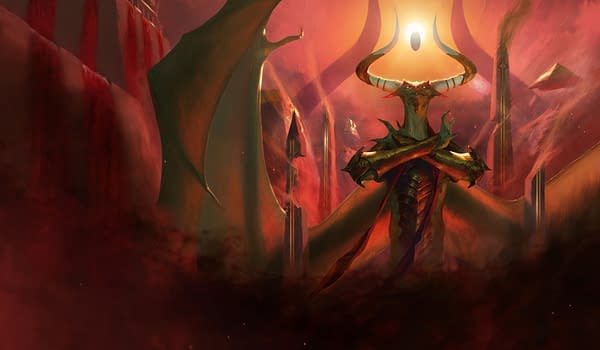
So, in doing some research on what makes a deck a formidable threat to answer, I had to consider a few factors:
- Do I make players angry at my plays?
- Do I politick too much?
- Do I generate more personal value through my plays than other players?
- Am I drawing too much? Am I ramping too much?
In asking myself these questions, I found that if I answered "yes" to the second pair of questions, it didn't actually matter how I answered the first two because generating value that either increases or sticks is a problem to opposing players. I'm an issue if I'm tutoring for too many lands, drawing a metric ton of cards, or creating a ton of tokens (yes, even if they're just Food tokens).
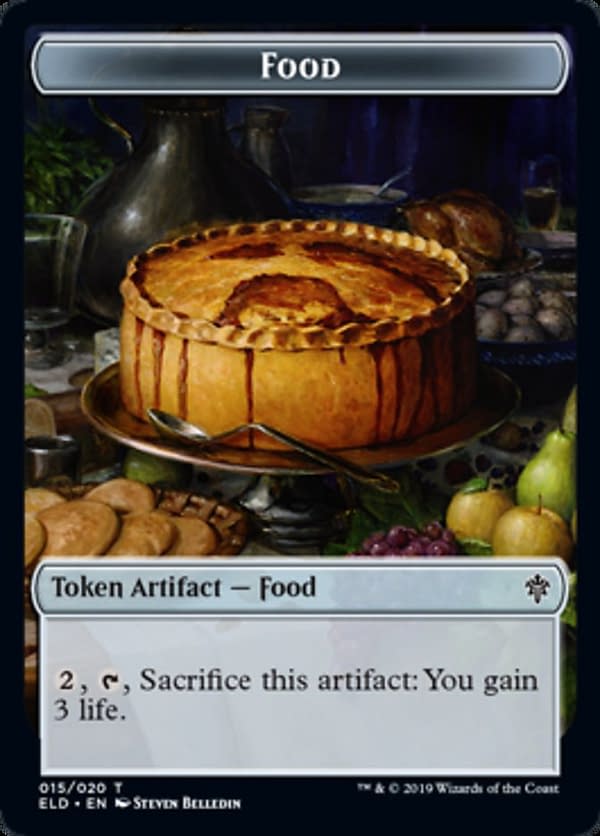
Ultimately, it is not the player who denies players the victory who wins the game themselves, but the player who can break past such a Wall of Denial to earn the victory. Countermagic is not the problem! In fact, for many players, it can be the only solution to ending a game prematurely. I'm a combo player – we combo players know these things. I've seen far too many players simply want to win on their own terms without being disrupted (I'm guilty of this), and I've seen such players crash and burn off of their own hubris. However, I've also seen some people assess threats very poorly and manage to turn their role in the game to that of the "kingmaker", a player who decides the winner but cannot win themselves. This lack of foresight and threat assessment is why I don't play like to control, interestingly enough.
Instead of defeating the player who is instinctively countering every threat to see the stack or removing every problem creature on the board, focus on the player who is ramping out wildly – those players are the ones with secrets they aren't telling you. A player with nine mana on turn six or seven might be about to cast an entwined Tooth and Nail, searching for Craterhoof Behemoth and Avenger of Zendikar. It's not too late until that spell resolves, if you're playing blue and have mana open, or until blockers are declared if you're playing black. If you are stuck without open mana or don't have available removal, make sure to broadcast to the board that the green player may be able to win on their next turn if all goes smoothly for them. Make it rough. You may yet survive.
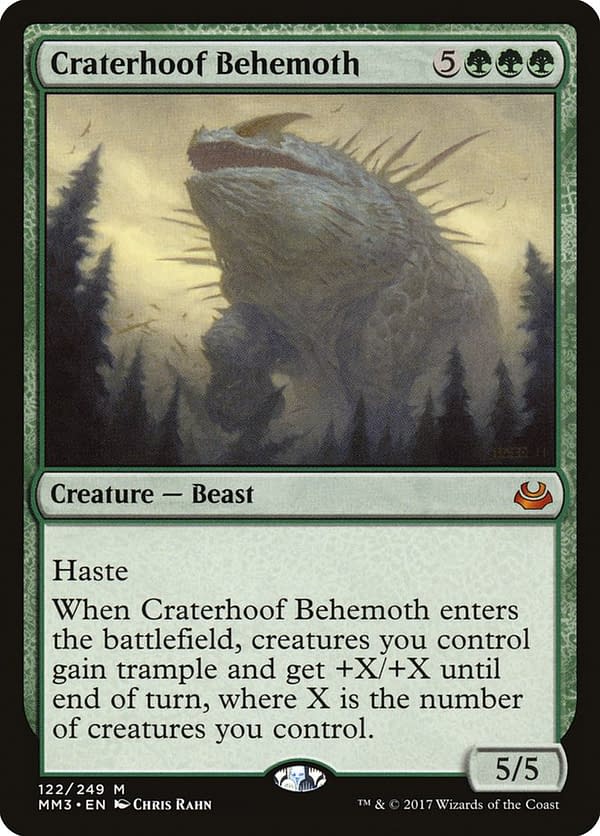
The same goes for card draw, except with the options they have available it could be harder to make sure that player is beaten (they could be the one holding up countermagic, after all).
If you find yourself to be the player with a Tooth and Nail in hand, here's what you need to do to make sure you can worry less about the politics that will be turned against you in short order:
- Plan ahead. If you have a card that will kill the board, make sure that the other players can't stop it easily if at all. Failing that, make sure you have a contingency plan in the form of other cards. You'll hardly ever know when a player is running Meddling Mage and is aiming it at your only trick.
- Keep calm. If you come across a card that will allow you to win but have other means of using that card (say, for example, a tutor), maybe hold back on it to see what the board will look like at the end of your turn. Additionally, if you have more tutors than just that one, maybe search up something less game-breaking first, and wait to use your win condition until after you get a few other players out.
- Don't panic. If your board is being countered constantly, it's for a good cause – not just for the rest of the table, but for your own humility as well. Let them see that the threat is neutralized. You'll spring back, but you don't want them knowing that information.
- Do not panic! If the game ends, just move past it. Pettiness will only make you a kingmaker in future games if you allow it to. However, if it's a fact that this player who won the match (note: not always the one who defeats you) has won consistently with the same deck that day, keep that in mind. It could be good to take them down, knowing now what you didn't know then.

Does this help you? I hope that it does. Reflecting on the games of Magic: the Gathering that I've played in the past sort of helped me figure out how best to write this piece, and I hope what I've discovered can help you as well. Are you the archenemy of your table? How did you get past that? Are you dealing with one now? Let me know in the comments below!



